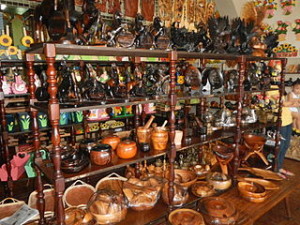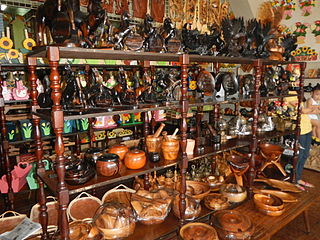 Economic ministers from the Association of Southeast Asian Nations (ASEAN) will prioritize removal of nontariff barriers (NTBs), seen to be the remaining impediments to the full realization of the ASEAN Economic Community (AEC).
Economic ministers from the Association of Southeast Asian Nations (ASEAN) will prioritize removal of nontariff barriers (NTBs), seen to be the remaining impediments to the full realization of the ASEAN Economic Community (AEC).
This was the consensus reached at the recent 21st ASEAN Economic Ministers’ Retreat (AEM) in Malaysia that centered on discussions toward full implementation of the AEC Blueprint, according to a report by Bernama, Malaysia’s national news agency.
So far, ASEAN managed to settle 45 NTBs out of 69 identified, according to Malaysian International Trade and Industry Minister Mustapa Mohamed, who chaired the retreat.
Meanwhile, in a joint statement issued after the retreat, ASEAN said it has put in place legal structures on competition, consumer protection, and intellectual property, contributing to an improved environment for business.
“Benefits are already flowing to ASEAN businesses and consumers, from significant tariff liberalization, progress in trade facilitation measures such as self-certification, simplification of customs procedures, and the Mutual Recognition Arrangements on the movement of skilled professionals in the region,” the ministers said.
They concluded that the focus for this year would be on further simplification of Customs procedures, harmonization of standards, liberalization of services and trade facilitation, as well as conclusion of the services and investments portion of the ASEAN-Japan Comprehensive Economic Partnership.
The ministers also discussed the progress in developing the SME Strategic Action Plan, with a specific focus on micro and small enterprises, and the promotion of globally accepted regulatory practices.
The progress in developing a comprehensive vision for the AEC beyond 2015 was also deliberated during the retreat. “We have discussed the outline for ASEAN post-2015. It is still work in progress, but it will make ASEAN more attractive for business,” Mustapa said.
Also discussed were issues still to be ironed out regarding the Regional Comprehensive Economic Partnership (RCEP) after seven rounds of negotiations since its commencement in 2013. “The next meeting will be in Kyoto, (Japan) but before that there will be a meeting in Jakarta in April,” Mustapa said.
When concluded, the RCEP will link the economies of ASEAN, Australia, China, India, Japan, South Korea, and New Zealand. The envisioned grouping will account for half of the world’s population and almost 30% of the global economy.
Photo: Ramon FVelasquez





